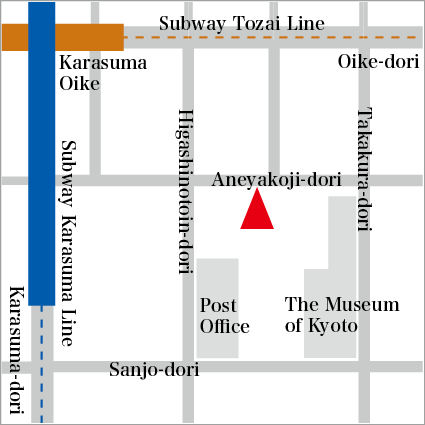Kaleidoscope Museum of Kyoto
- Highlight
- The classroom where visitors can make original kaleidoscopes ? easy but thorough lesson that illuminates on all the mechanisms
An art weaving light with mirrors
The kaleidoscope was invented in 1816 by the Scottish scientist Sir David Brewster.
In a mere three years from invention, the kaleidoscope found its way to Edo Japan, where it has delighted generations ever since.
The museum is home to some 50 diverse kaleidoscopes that are all on display permanently. These unique prisms of color include electrically driven ones, others made of rare materials and another in the shape of a geisha. And, visitors are welcome to try any of them out to enjoy the amazing range of patterns zooming out in front of the eye. There are no detailed manuals on hand, but staffs are more than glad to explain the specifications and handling methods.
Apart from the “light show” available from the exhibits, visitors can participate in a kaleidoscope construction taster, available at any time, where they will get the chance to make kaleidoscopes. In addition, once or twice a month, a kaleidoscope maker is invited to the museum, to run a very popular special workshop, where participants make their own highly unique kaleidoscopes.
The museum also has a cafeteria where visitors can relax and chat.
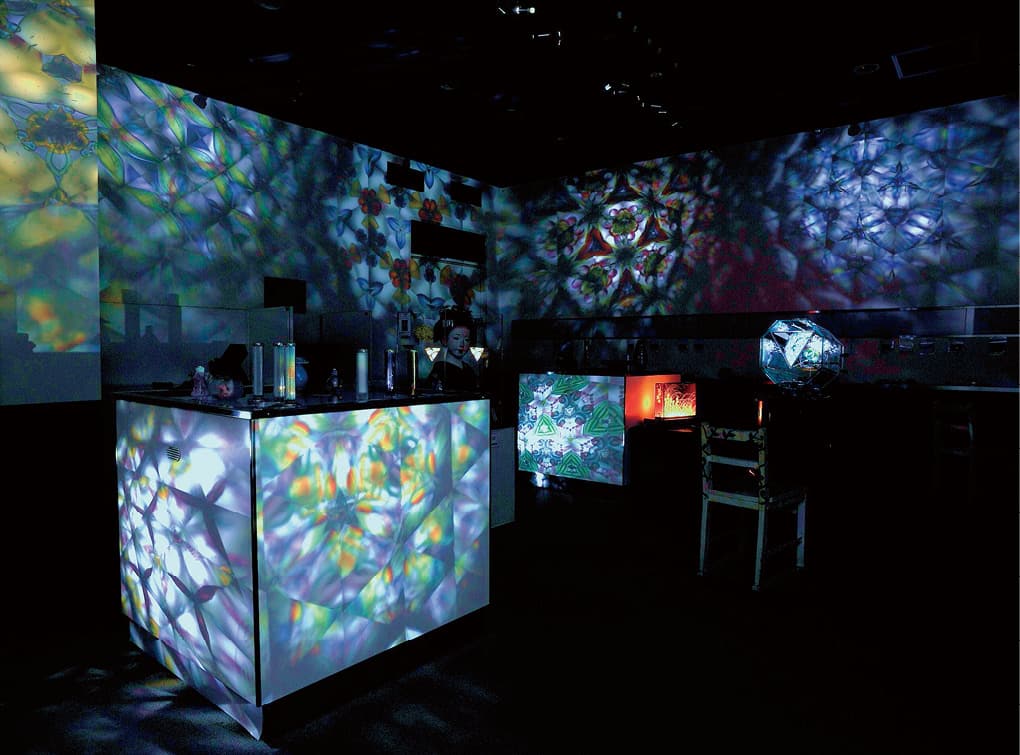
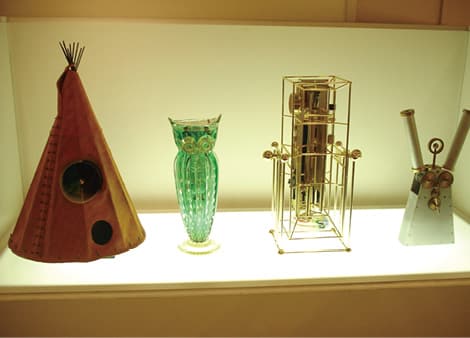
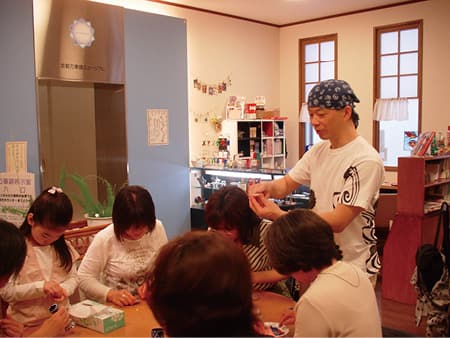
| Address | 706-3 Dongeinmae-cho Aneyakoji-dori Higashinotoin-higashiiru, Nakagyo-ku |
|---|---|
| TEL | 075-254-7902 |
| FAX | 075-254-7902 |
| URL | http://k-kaleido.org |
| Hours | 10:00~18:00 (entry by 17:30) |
| Closed | Mon (following day if Nat Hol), New Year Hols |
| Adm | Kaleidoscope display room: Adults ¥500, High school students ¥300, Elementary and junior high school students ¥200 |
| Access | A 3-min walk from Exit 3 of the Subway Karasuma Line and Tozai Line Karasuma Oike Stn |
| Parking | Available (Charged) |
Facilities near by

Kyoto City Heiankyo Sousei-kan
Reproducing the entire capital of 1200 years ago
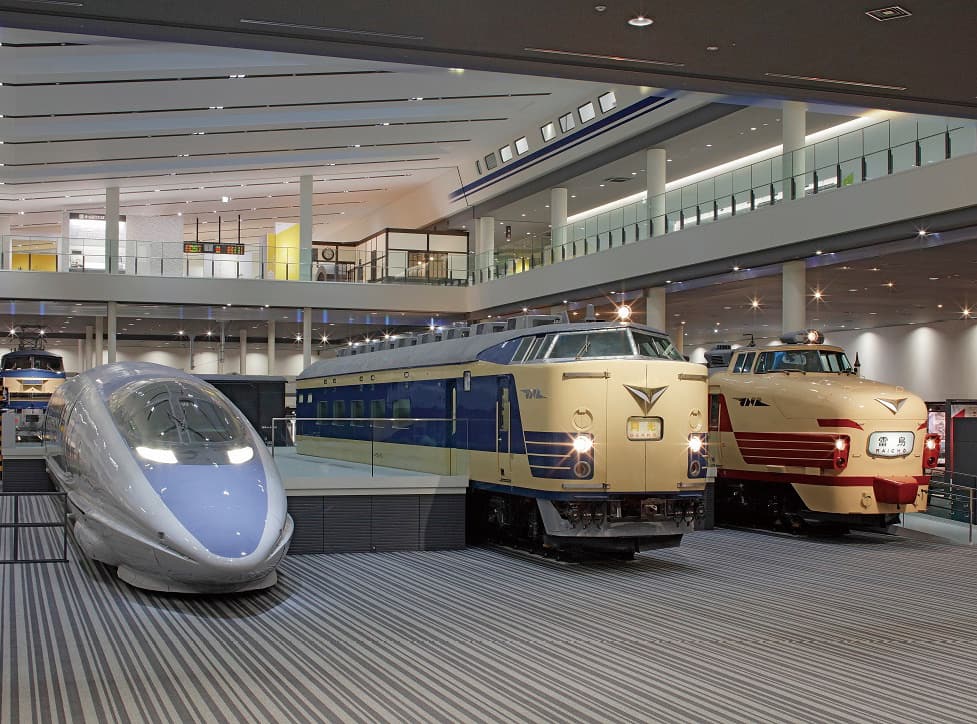
Kyoto Railway Museum
53 trains to see - from steam locomotives to shinkansens!
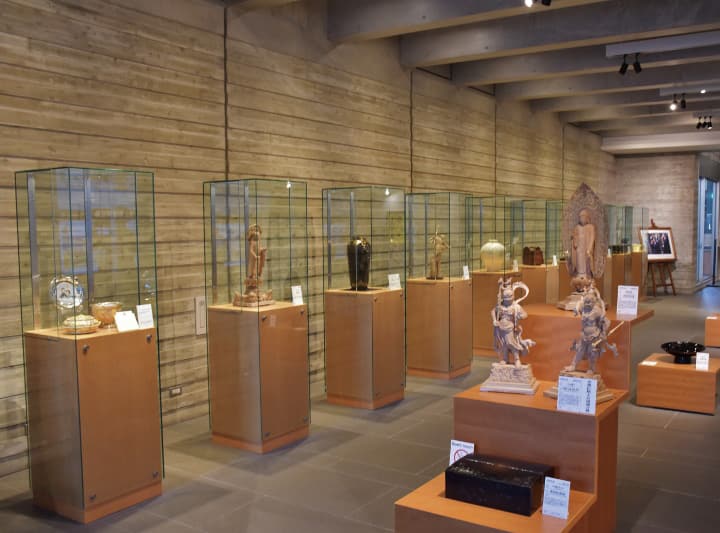
Gallery of Kyoto Traditional Arts & Crafts
A place where makers and users meet
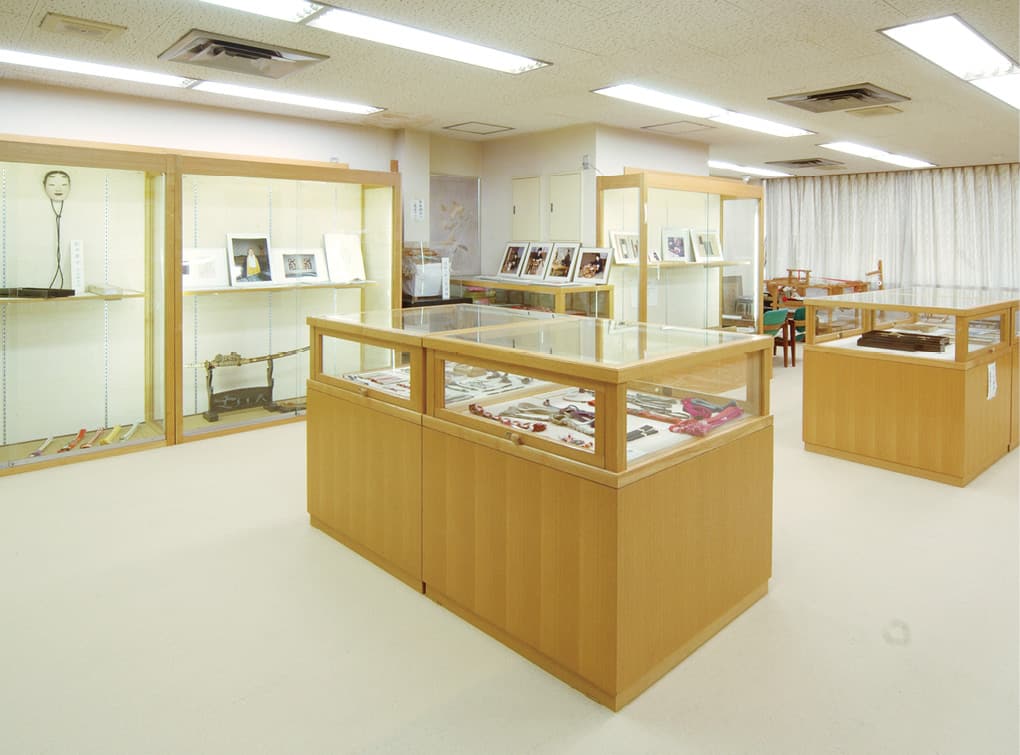
Adachi Kumihimo Gallery
Enjoying the history of Kyo-kumihimo braiding along with skills and new artistic potential
